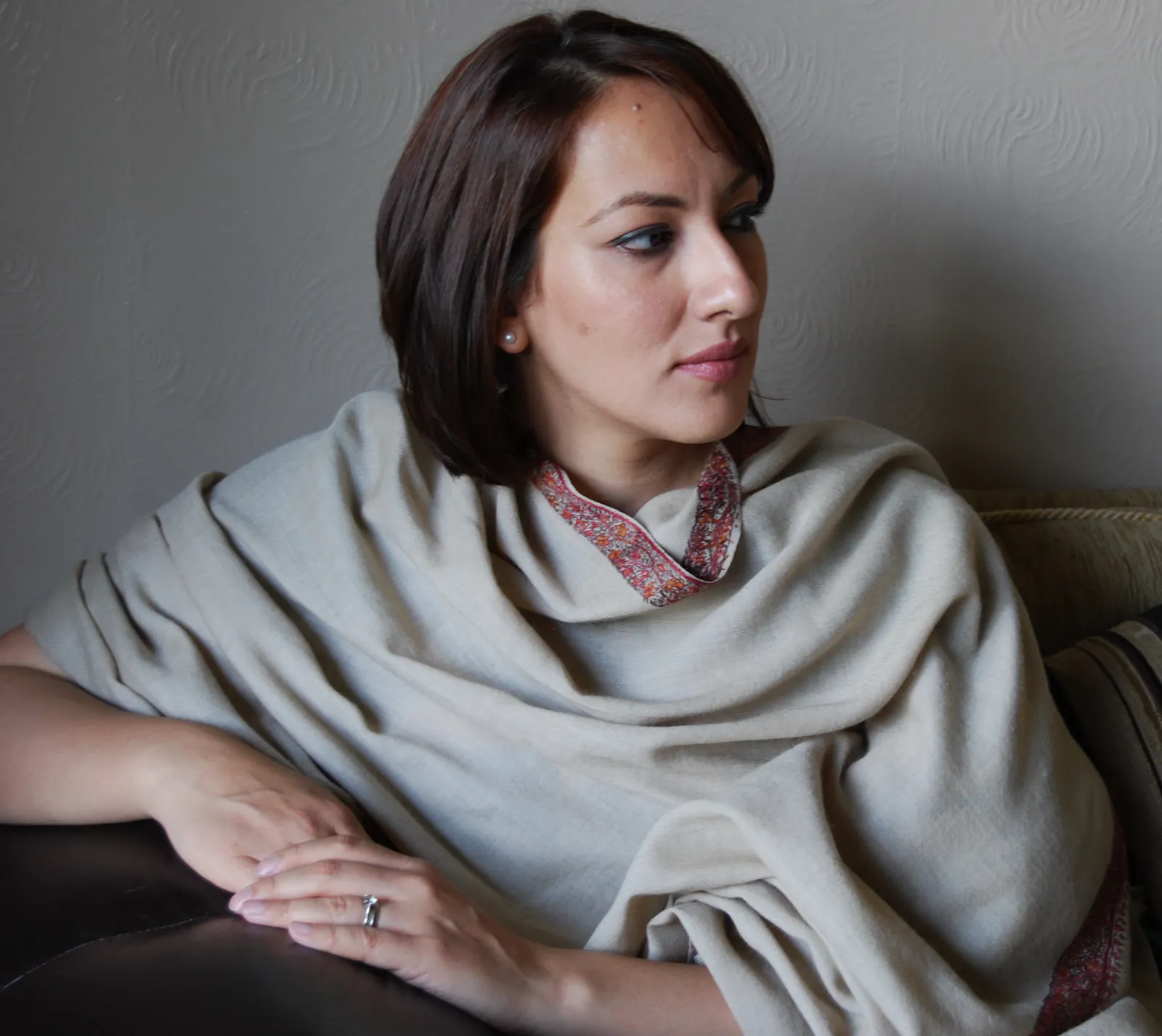As a 48-year-old brown woman, I’ve been invisible as long as I can remember
Our first guest columnist, Saima Mir, knows how it feels to be disregarded for nothing more than your appearance

Thanks for subscribing to The Shift. If you're already a paying member, thank you. Your support makes this newsletter and The Shift podcast possible. Paying members get weekly newsletters, culture round-ups, access to the community and the full archive, and more. All for less than the price of a (large) coffee a month. Prices will be going up at the end of April so, if you're interested, upgrade to paid now!
In the most recent episode of The Shift podcast, writer Jojo Moyes (Öffnet in neuem Fenster) talks about the first time she felt invisible. It happened in an Italian restaurant, when she realised the waiter wasn’t flirting back but, instead, was smiling the way he might at his mother. It was a shock to her system, as an attractive blonde woman, she had always been valued.
As a 48-year-old woman of British Pakistani heritage, I found this conversation fascinating because I’ve been invisible for as long as I can remember.
It took me a while to recognise that some of us were out of focus, whilst others were centre shot. As I’ve passed through the workplace, marriage, divorce, motherhood, and now perimenopause, this invisibility has turned from irritant to annoyance, and then to righteous outrage.
It has been with me throughout my career. As a journalist in local papers, TV and radio newsrooms, I used to believe that if I just worked harder, brought in great stories, and did good work, things would change. I’ve been confused for other brown journalists, been told I’m ‘Bradford FC aiming for the Premier leagues’ by a manager, who nurtured the careers of young, blonde women, and been ignored in meetings, where someone once said, ‘we’re all white middle class in this room.’
Despite winning awards for my work, writing a genre-busting novel (The Khan (Öffnet in neuem Fenster)) that became a Times bestseller, the unbearable invisibility of being a brown female has persisted.
You would have thought that having written one of the most read pieces of 2019 for The Guardian (Öffnet in neuem Fenster), would have resulted in offers of work pouring in. It didn’t. My journalistic qualifications, science degree and Masters in engineering, along with the ability to write about things that connect with a massive readership, have not been enough to make me visible.
Until recently, I was resigned to the fact, that maybe things just weren’t meant to be easy for me, after all, my personal life had gone along a similar route. I was single for a decade, from my mid-20s onwards, after the demise of two arranged marriages. I was a successful, independent, attractive young woman who worked in TV, but I was never flirted with or hit on. I thought that maybe I needed to look better and appear more polished than my white counterparts, maybe I needed to scrub up better to be noticed, but nothing worked. Eventually, I did meet someone, through family and friends, and left Yorkshire, moving to an ethnically diverse part of London. The first time in my life, I found myself being ‘checked out,’ I was 36, and it didn’t last long, because I became a mother soon after, and that brought its own brand of invisibility.
I’ve raged against not being seen, with my black and brown friends, wondering whether it was me, and being gaslit by those who are highly visible. But, as I approach 50, I am beginning to hear similar stories emerging from my white women friends, and I feel vindicated.
To read the rest of this post you'll need to become a member of The Shift. Members help us fund our work to ensure we can stick around long-term.
become a member (Öffnet in neuem Fenster)
Bereits Mitglied? Anmelden (Öffnet in neuem Fenster)


